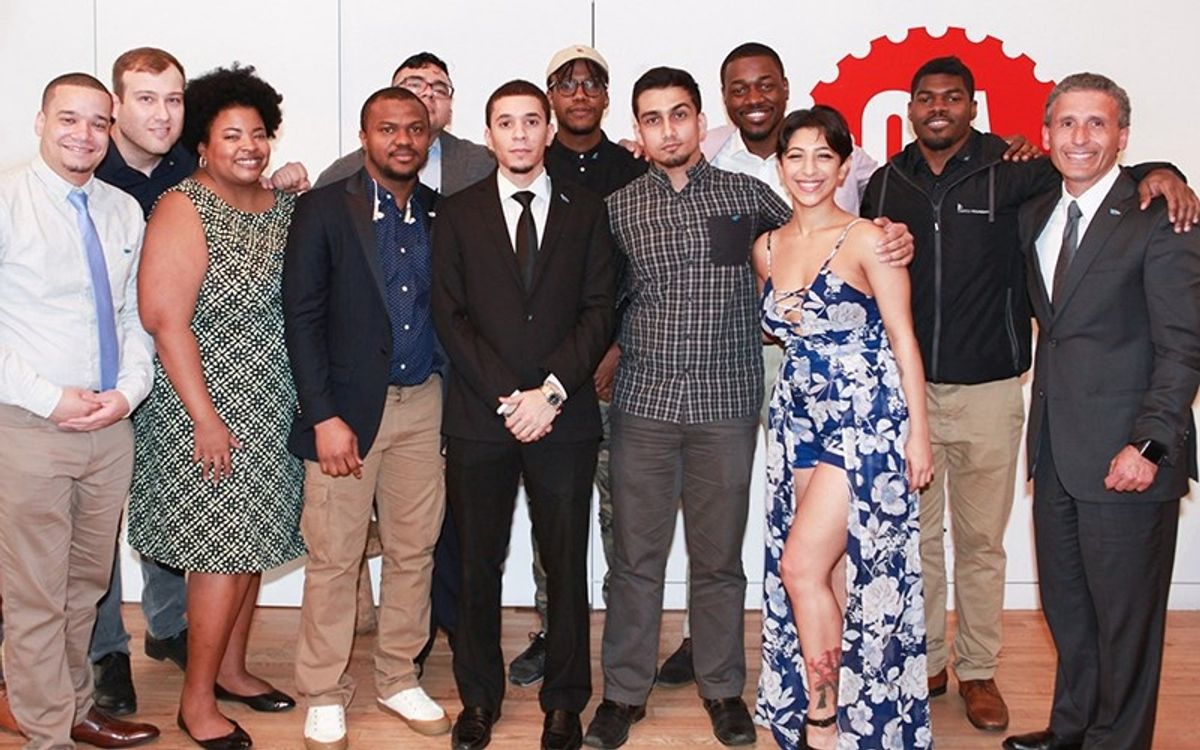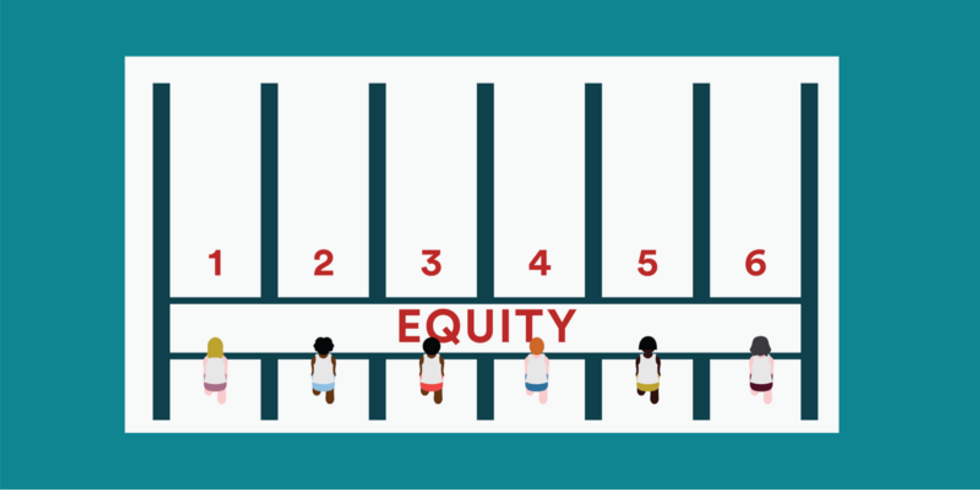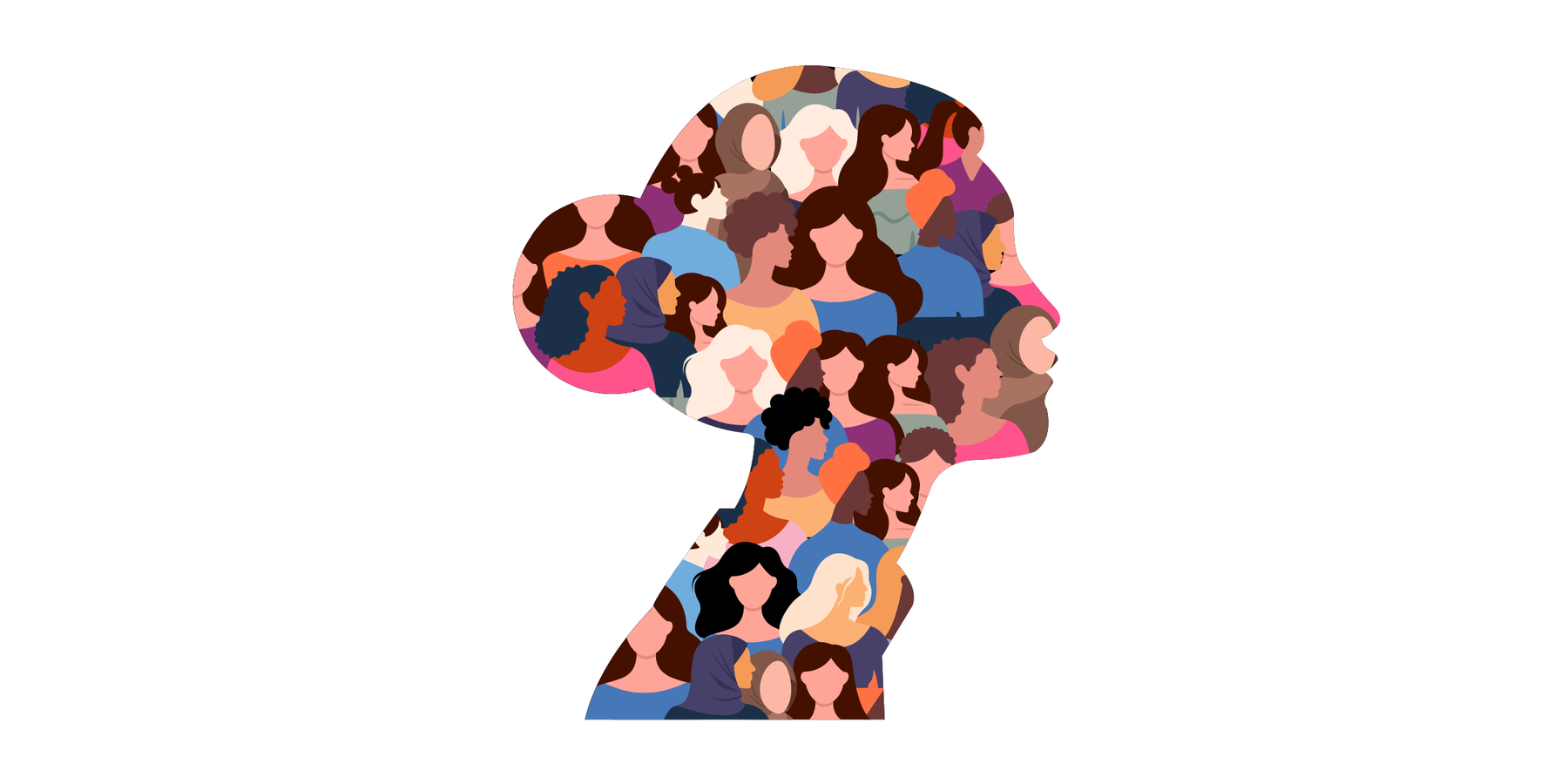Below is an article originally written by PowerToFly hiring partner General Assembly and published on December, 21 2017. Go to General Assembly's page on PowerToFly to learn more.
Anthony Pegues was a part-time janitor in the suburbs of New York City who sought a way into a rewarding career. He saw tech — and web development specifically — as a viable path, but didn't have the resources to get the skills he needed to be ready for a job in the field.
Unfortunately, Pegues' situation is all too common. There are plenty of tech jobs available, and people who are eager to fill them. But many passionate, prospective developers from underserved and overlooked communities do not have the resources, time, or opportunities to pursue their passions and get the skills they need to transform their careers.
At General Assembly, our central mission is to create pathways so that everyone with the dedication and commitment to reshape their career can do so, regardless of their prior experience or ability to pay for the training they need to get there. To this end, we've spent the last few years launching and refining strategies and programs that break down barriers and contribute to the diversity of the tech sector.
But there's still much more work to do.
We've made some important strides toward our mission this year. To date, 500 students have participated in Immersive programs at GA at no cost to them. These individuals come from a wide variety of backgrounds and life experiences — 50% are women, 37% are black or African-American, 20% are Hispanic/Latinx, and 38% have not completed a four-year degree.
Anthony Pegues was one of them. Through our partnership with the nonprofit Per Scholas, he became part of a program called CodeBridge, which is free to eligible students and involves 17 weeks of immersive training. Students begin at Per Scholas' Bronx location, where they learn coding fundamentals and career-development skills, then continues at GA's Manhattan campus for a deep dive into front- and back-end skills like JavaScript, APIs, Ruby on Rails, and more. Upon completion of the program, students are job-ready web developers.
After his four months of training, Pegues was honored as valedictorian of his class and gave a rousing speech that spoke to their journey, and the bright future ahead.
"We've all come from different parts of the world to learn something absolutely foreign to us," said Pegues, who, after completing the program, was hired as a developer at the clothing startup MM.LaFleur. (Read more about his journey on Fast Company.) "We all have an individual story to tell, but during this program, I think we can all agree on the same story. It's tough. Exciting. Will-testing. But at the end we can all say, 'I'm a developer.'"
Thanks to collaborations with nonprofits like Per Scholas, government partners like the New York City Tech Talent Pipeline, and more, we've been able to refine and evolve our understanding of the social and technical support individuals from underrepresented backgrounds need to succeed in tech — and provide financial support they need to realize their vision.
Below are some highlights from our work this year to further these goals, and empower more individuals like Pegues to pursue work they love.Expanded opportunities for veterans.
Expanded opportunities for veterans.
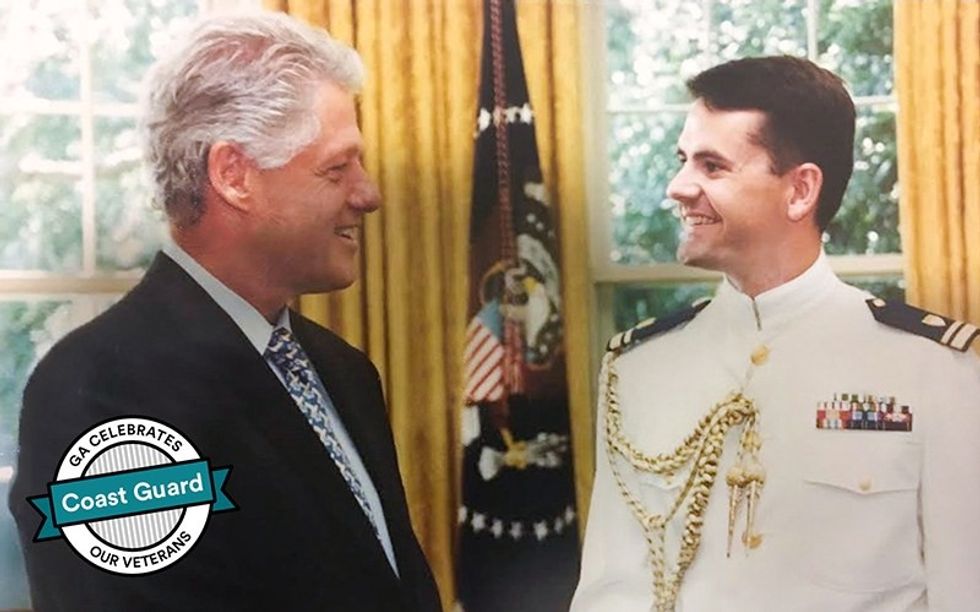
General Assembly President and COO Scott Kirkpatrick knows firsthand the daunting experience of leaving the armed forces and re-entering civilian life. Read about his journey from the U.S. Coast Guard to graduate school (with the help of the Veterans Assistance program) and a new career path in education.
New financing options for students.
Many people interested in a career in tech have the drive to learn the skills they need to succeed — but not the means to pay for the training. They may also have a low credit score, making it hard to secure a loan, or face other barriers to securing funding.
With our income-share agreement (ISA) pilot with Opportunity@Work, a nonprofit supported by the Chan Zuckerberg Initiative, 15 students in Washington, D.C., who were ready to learn at GA but could not afford the program are taking the Web Development Immersive at no upfront cost. They are also being provided with additional supportive services and living stipends. When, and only if, they secure a job after graduation, they will pay back a portion of their income, benchmarked to affordability for the individual.
Currently, we're exploring how we can make ISAs available across our campuses to remove obstacles for students with credit scores too low to take out a loan, or who are unsure about whether they can repay a loan after graduation depending on their employment outcome.
Partnerships with industry leaders to transform talent pipelines.
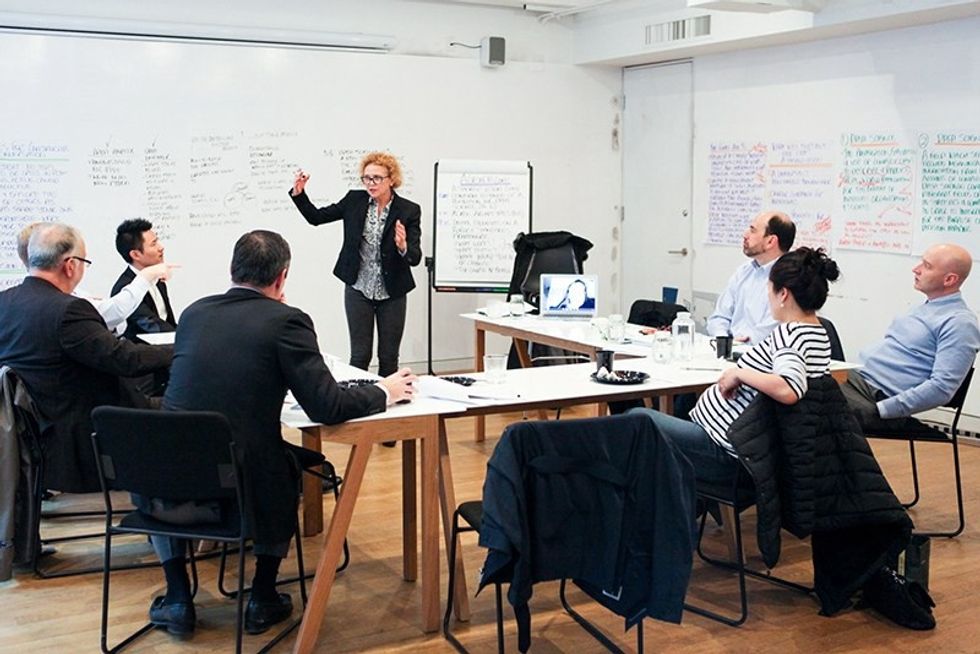
This year, we teamed with leaders at major companies to help illuminate transparent pathways for both employers and job seekers through the creation of standards boards in digital marketing and data science. Board members include experts from Booz Allen Hamilton, Nielsen, Priceline, Google, and more, and together we will leverage decades of experience to define skill requirements and establish performance thresholds for workforce-relevant credentials in these fields.
In addition, to help businesses optimize their workforce, we've partnered with L'Oréal to launch Digital Marketing Level 1 (DM1). This robust assessment tests foundational digital marketing skills and has been taken by more than 15,000 professionals worldwide. The assessment is being used to benchmark current talent, create roadmaps for development, as well as evaluate potential hires.
Learn more about how we've worked with industry leaders to close the skills gap in The Economist and on ABC News.
New efforts to increase diversity in tech.
We've invested our energy in social impact programs that pioneer new, accelerated training models — like CodeBridge with Per Scholas — aimed at empowering underrepresented communities in technology, including, but not limited to, women, people of color, LGBTQ individuals, and veterans.
Many of those investments also leverage General Assembly resources. To support the San Francisco-based nonprofit Code2040 as they work to give black and Latinx technologists educational and professional opportunities in tech, employers that hire the program's fellows — including Airbnb, Twitter, and more — will use GA's Web Development Level 1 skills assessment to evaluate candidates' competencies. We've also donated our web development curriculum to Code to Inspire, a nonprofit organization that teaches female students in Afghanistan how to code to increase women's economic and social advancement in the country.
Our efforts this year led to an Optimas award for corporate citizenship from Workforce magazine, as well as a World-Changing Ideas award from Fast Company for our efforts toward building diverse talent pipelines for companies. General Assembly was also recognized by LinkedIn as one of the top 50 most desirable startups to work for in 2017.
Key to advancing diversity efforts is having a clear understanding of diversity, equity, and inclusion (DEI). We recently published a thoughtful post by DEI facilitator Meg Bolger that addressed the differences between these key terms so people can develop a shared understanding and create goals and action plans for themselves and their organizations.
We could not have made this progress without the help of generous donors including Adobe, AT&T, BNY Mellon, Capital One, and Focus Brands and our amazing partners Jobs for the Future, LaGuardia Community College, the NYC Tech Talent Pipeline, Opportunity@Work, Per Scholas, and RealJobs Rhode Island.
As we head into 2018, we're excited to continue these initiatives and work with our communities to increase access to careers in technology and help individuals, and the tech community at large, thrive.
